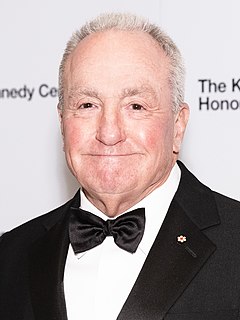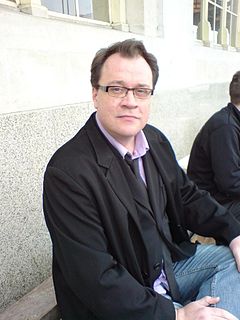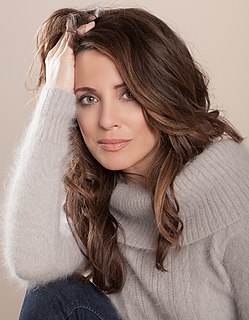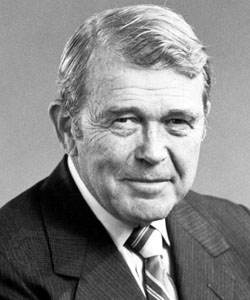A Quote by Susannah Cahalan
I think people need to be comfortable questioning the authority of a doctor.
Quote Topics
Related Quotes
If you're just addressing your own emotions and challenging yourself to find some sort of harmonious sense of being in life and questioning authority and questioning what's given and questioning what's expected of you, you're already on the cusp of finding something in yourself, and maybe waking something in somebody else.
Rose: My mum's here. The Doctor: Oh, that's just what I need! Don't you dare make this place domestic! Mickey Smith: You ruined my life, Doctor. [the Doctor turns and looks at him, irritated] They thought she was dead, I was a murder suspect because of you! The Doctor: [looks at Rose] See what I mean? Domestic! Mickey: I bet you don't even remember my name! The Doctor: Ricky. Mickey: It's Mickey! The Doctor: No, it's Ricky. Mickey: I think I know my own name! The Doctor: You think you know your own name? How stupid are you?
In the field of medicine, if you're sick you need a doctor. A doctor has already studied how to deal with your ailments, and human beings are imperfect. There any many ailments of the psyche and the soul that need to be treated, and the serious murshid, or spiritual master, is also really a doctor of the soul: a person who can heal the wounds of the soul in the same way as a medical doctor takes care of our physical problems.
I would say that deconstruction is affirmation rather than questioning, in a sense which is not positive: I would distinguish between the positive, or positions, and affirmations. I think that deconstruction is affirmative rather than questioning: this affirmation goes through some radical questioning, but it is not questioning in the field of analysis.
I was an ordinary boy at school, a young man. In fact, what did the headmaster once say? "You're constantly challenging those in authority; questioning and challenging those in authority." Which was not really the way I saw it. I felt there were questions that had to be answered, and things that weren't quite right.

































